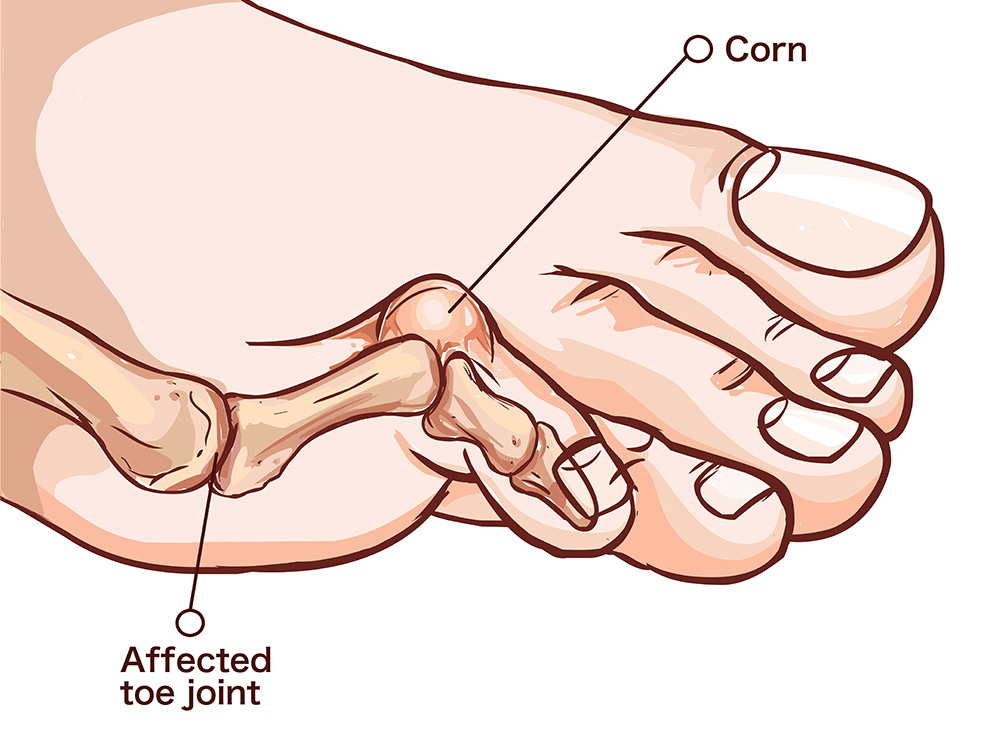Heel Pain Treatment Options

Heel pain is an overuse injury. If you experience heel discomfort after long periods of rest or when you wake up in the morning, then your podiatrist may diagnose you with plantar fasciitis. Continue reading for tips on managing this condition.
Rest Your Foot
Heel pain develops when the long, strong, ligament on the bottom of your foot becomes inflamed at its attachment to your heel bone due to overuse. For this reason, podiatrists advise patients to rest their foot to avoid aggravating their symptoms and allow the inflammation to subside. Keep weight off your foot as much as possible and see your podiatrist at the earliest chance. The longer you wait the longer it may take for your podiatrist to heal you.
Ice Your Foot
Applying cold to the area is an excellent way to reduce inflammation in the painful heel. Reduce your pain symptoms and the inflammation applying an ice pack, ice bath, or ice massage for 15-20 minutes every hour.
Take Pain Relievers
Your foot doctor may advise you to take over-the-counter non-steroidal anti-inflammatory medications (NSAIDs) to help you manage your pain and reduce inflammation in your painful heel.
Stretch Your Foot
Your foot doctor may advise you to take over-the-counter non-steroidal anti-inflammatory medications (NSAIDs) to help you manage your pain and reduce inflammation in your painful heel.
Wear Custom Orthotics
When the arch of your foot gets proper support, the weight of your body is then properly balanced through your feet which reduces the excessive stretching of the over-stretched ligament in the bottom of your foot. Custom-made arch supports (“orthotics”) made from molds taken of your foot may provide you with long-term relief from heel pain symptoms.
Are you looking for treatment for heel pain near Whitestone? If so, then please contact Family Foot Center today by calling (718) 767-5555.








